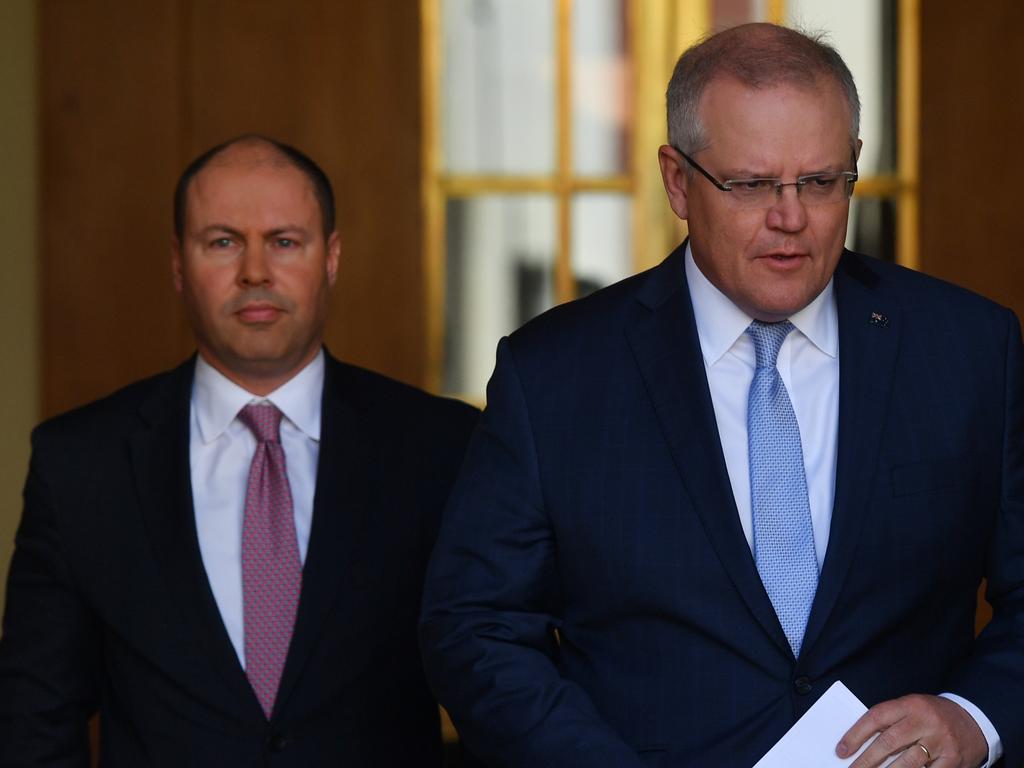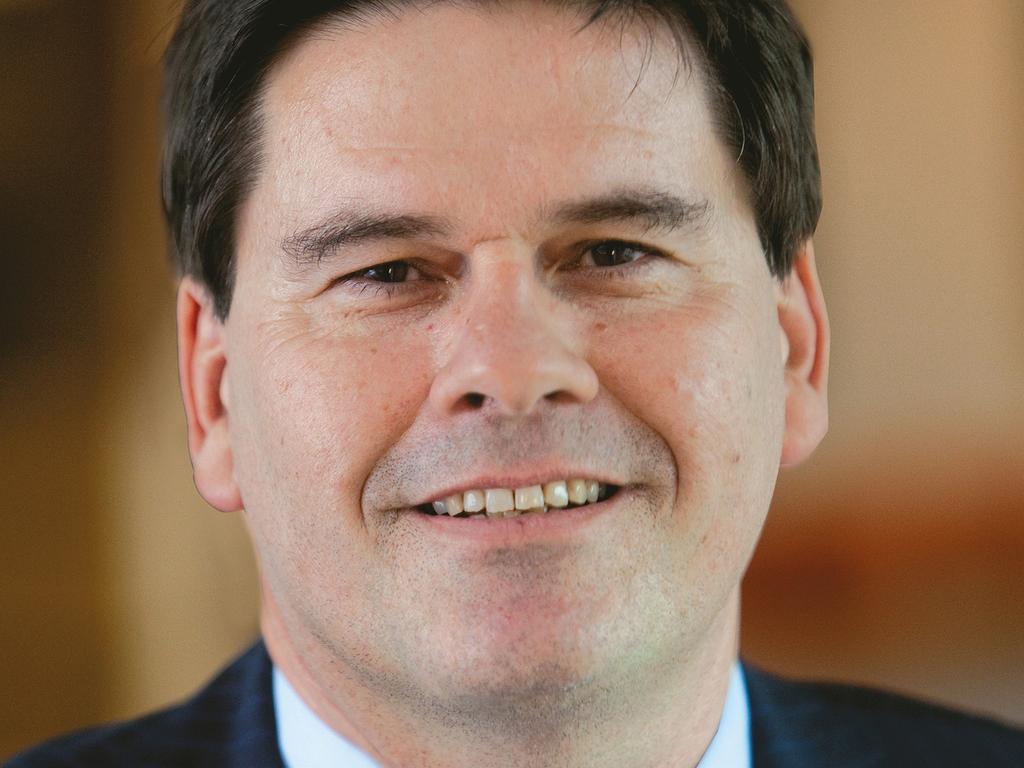Coronavirus pandemic pain to hit wage rises for low-paid
The Fair Work Commission is looking to defer minimum wage increases for stressed companies for up to six months.

Hundreds of thousands of low-paid workers could have wage rises delayed for up to six months after the Fair Work Commission revealed it was looking at deferring minimum wage increases for stressed companies operating under the JobKeeper scheme.
As Industrial Relations Minister Christian Porter said the commission’s top priority must be keeping workers in jobs and employers warned that wage rises would add to unemployment queues, Fair Work president Ian Ross canvassed the “merits’’ of the commission deferring an increase.
The FWC’s revelation will increase tensions between employers who want a wage freeze for 12 months and unions that want a $30-a-week rise for minimum wage earners from July 1.
The Australian Chamber of Commerce and Industry on Thursday urged the commission to keep the minimum wage at $740.80 a week until mid-2021, declaring the economy could not afford any increase given the country was facing an “unprecedented economic and jobs crisis”.
ACCI chief executive James Pearson seized on the release on Australian Bureau of Statistics figures on Thursday showing a collapse in the employment market.
The data showed the number of employed people fell by almost 600,000 in April.
Mr Pearson said increasing the minimum wage would place even more jobs at risk by making the cost of employment higher.
“We should take stock of yesterday’s confronting unemployment and underemployment figures,” Mr Pearson said.
“This is not time to be talking about wage increases when hundreds of thousands of Australians have lost their jobs or can’t get enough hours of work.”
The ACTU, which has called for a $30-a-week, or 4 per cent, rise in the minimum wage, rejected any move to delay an increase. “Delaying increases in the minimum wage will delay the recovery from coronavirus and mean unnecessary hardship for millions of working people and their families,” an ACTU spokesman said.
“Local businesses will rely on how much working people have available to spend in order to get back on their feet.
“If working people have real wage cuts, this will flow through to all local businesses and make the downturn even worse. Any proposal that results in this outcome is a bad proposal.”
Justice Ross opened the debate on whether wages paid by distressed companies signed up to Job-Keeper should be frozen by ¬requesting input from government, business and union representatives. In a discussion paper, he said the commission had the power to delay an increase beyond July for some or all employers and employees, exempt some from an increase, or cut the amount paid to some workers, provided those moves were justified by exceptional circumstances.
While he said the paper was prepared by commission staff and did not reflect the views of the minimum wage expert panel, he asked the government, unions and employers to respond to its findings about the commission’s ability to defer or stagger minimum wage increases.
The paper stressed that employers “would bear the onus of making out a strong case for relief”.
“For example, some employers might be able to make out a case for delaying the application of an increase in award minimum wages for their retail employees, based on exceptional circumstances arising from the COVID-19 pandemic,” it said.
While the commission would have to hand down its decision by June 30, the paper said the panel might be able to delay the introduction of rises, including through staged minimum wage increases.
“For example, to the extent justified by exceptional circumstances, the commission may be able to provide for one increase in award minimum wages commencing on July 1, 2020, and a further increase commencing on December 1, 2020,” it said.
Opposition industrial relations spokesman Tony Burke said Labor supported a rise in the minimum wage from July.
“To lift Australia out of recession, we need people spending and low-income people spend their pay rises,” Mr Burke said.
“We know this — that’s exactly why the government targeted low-income people with its stimulus. Ultimately, if there’s more demand for products and services, that’s good for business.”
Mr Porter said the government encouraged the commission to take a cautious approach, prioritising the need to keep Australians in jobs and to maintain the viability of the businesses, particularly small businesses, that provided those jobs.
Mr Pearson said: “Australian businesses, particularly small businesses, simply cannot afford -another ‘business as usual’ increase in minimum wages during this pandemic.”








To join the conversation, please log in. Don't have an account? Register
Join the conversation, you are commenting as Logout